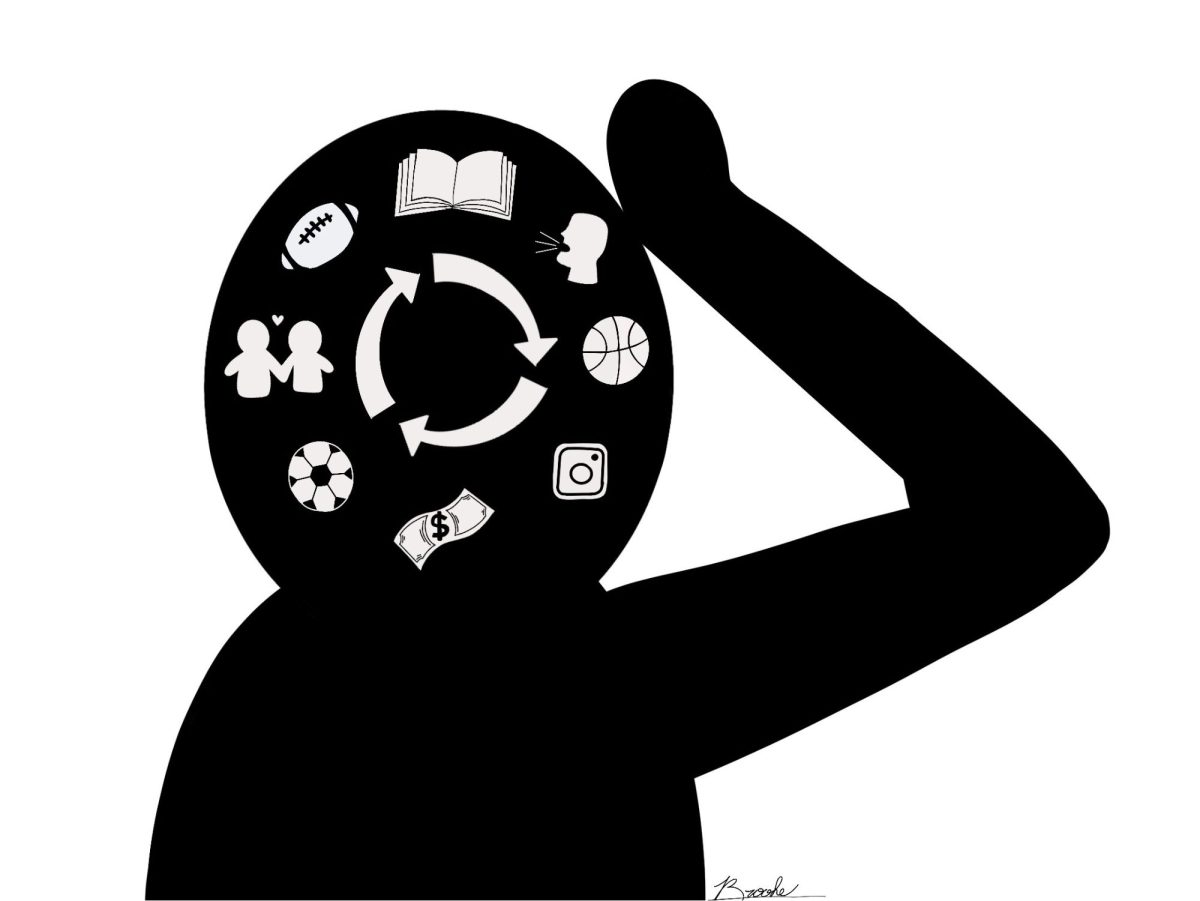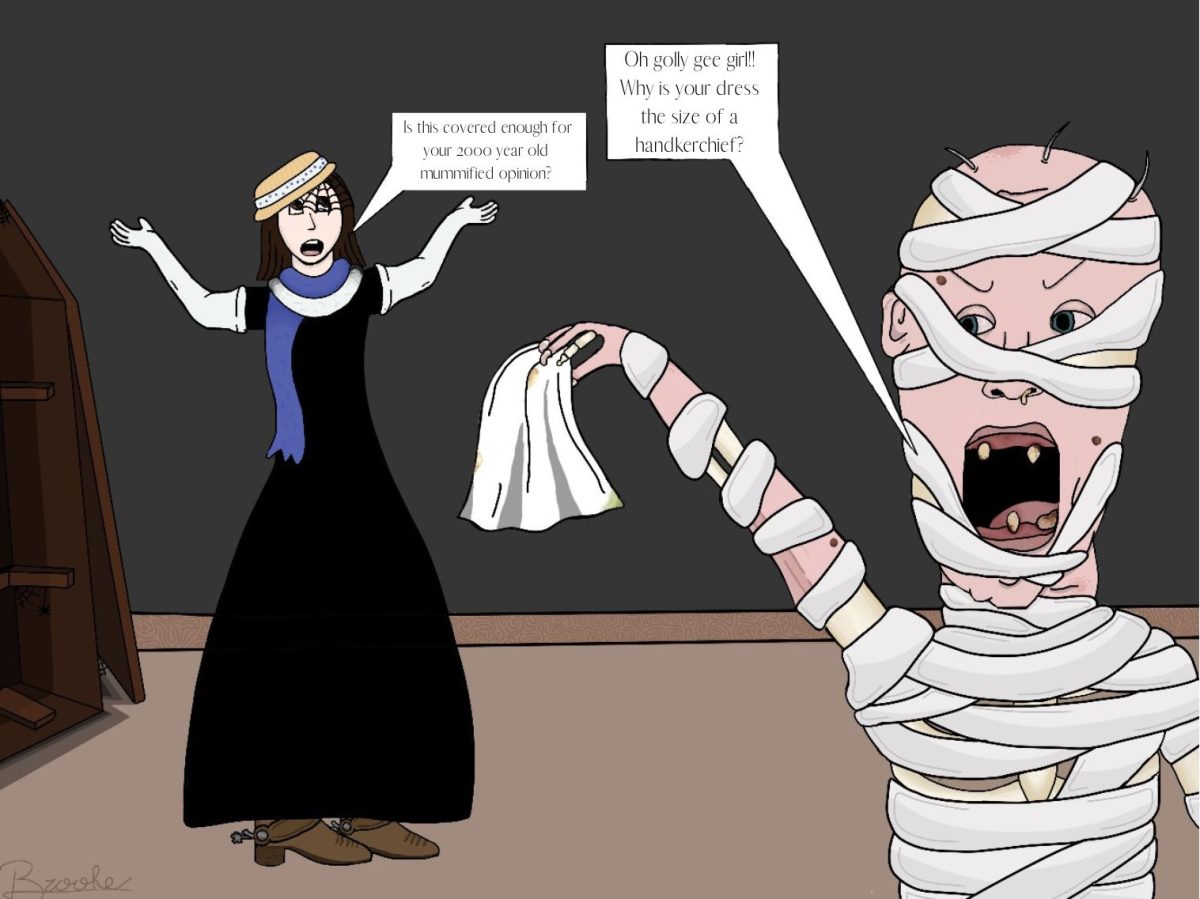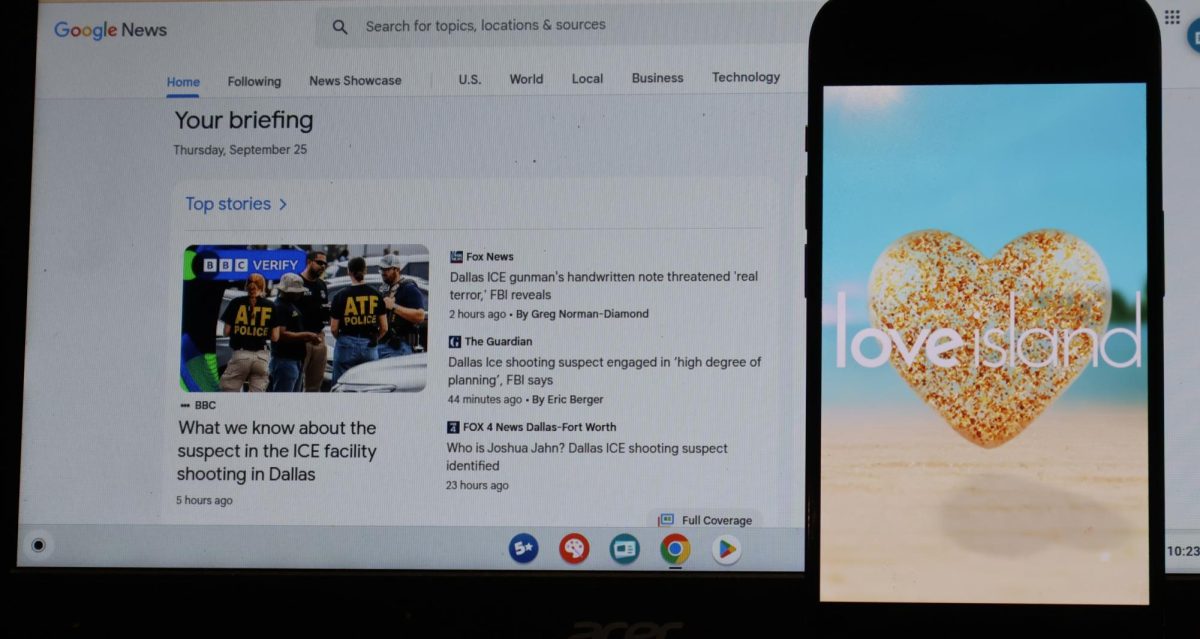At 1 PM on March 13, we were all sitting in our classrooms. Some of us were discussing the best way to take an engine out of a car and others were finishing up a gravity lab in Physics. When our teachers told us at the end of the period they would see us again on Monday, we didn’t think much of it. That was over two weeks ago, and none of us have been back to school since—and it doesn’t look like we will be anytime soon.
At first, the opportunity to social distance seemed like a blessing. We all deserved to have a moment to pause after such a busy year. We got an entire month to sleep in, FaceTime our friends, binge watch TV shows and not worry about school work—what’s not to enjoy? But after nearly a month of being limited to our households and watching the days pass us by, all we really want is for the world to go back to normal.
Unfortunately, this cannot happen as soon as anticipated. Why? Because people are licking toilet seats, college students are enjoying their Spring Break, people are still hosting house parties and some think six feet apart is enough space to prevent the virus from spreading.
Despite the nearly 50,000 deaths from Coronavirus, people are not taking the precautions seriously. And as time goes on, supplies are running low, and we may not have enough equipment to revive everyone back to health. Italy, China and other countries have already faced this problem and if we don’t collectively work together, then medical professionals across the globe will be left to decide who lives and who dies.
We are begging for people to completely self-isolate and take into consideration the guidelines that state and national governments are making, so the quicker we can get back to our normal lives.
Although we may feel like our lives are out of our control at the moment, it isn’t the right time to think selfishly. Seeing that one friend, eating out or even going to that music festival is truly not worth holding the rest of the world from a global recovery. Our involvement in these activities will only result in the extensions of our isolation, and the few hours you are with them is not worth the overall collateral damage it creates. It is not just about us getting the virus––when we continue to “live our life” we risk spreading the virus to someone with a compromised immune system, contracting the virus and bringing it home to our family or even giving the virus to the people we are with.
Medical professionals from across the world are working around the clock to combat this virus, but there is only so much they can do to help. Without a society of people who understand the severity of social distancing, it has become incredibly difficult for professionals to isolate the virus. Dr. Maria Ciminelli, the president of the New Jersey Academy of Family Physicians and director of the CentraState Family Medicine Residency Program, reported that as we continue to see the number of infections grow, it is crucial for us to stay indoors to prevent the spread.
Since many patients are now being diagnosed without symptoms of the virus, a lot of us who have not been tested may also be asymptomatic carriers without realizing it. Even if we don’t have a cough, our contact with surfaces makes it possible for us to spread the virus without us being impacted by it. But not everyone’s immune systems are strong enough to avoid the symptoms of COVID-19.
There is hope that we can be back to our normal lives sooner than later, but officials do not see this happening with younger generations continuing to enjoy their “Spring Break.” Regardless of how “strong” our immune systems are we are not invincible, and if we continue to travel and fill up crowded spaces, the state will be forced to place a lockdown. Under a lockdown any gatherings of more than two would be prohibited and we would only be allowed outside for essentials like food and water. Rather than allowing our situation to get to that point, we can make the right choices today to prevent further fatalities.
Staying indoors all day may seem like a nightmare, but Governor Sisolak has increased our self quarantine until April 30, so if we don’t listen to the advice this nightmare will never end. Look at it this way, we just were given an additional month off of work and school, we can use this time to invest in ourselves, our lives and our families. What better time to pick up a hobby or research more about something you care about than right now when we are encouraged to be by ourselves anyways. This period of isolation may not last forever, but the choices each of us make today will impact its duration. Stay safe, stay home and save lives.

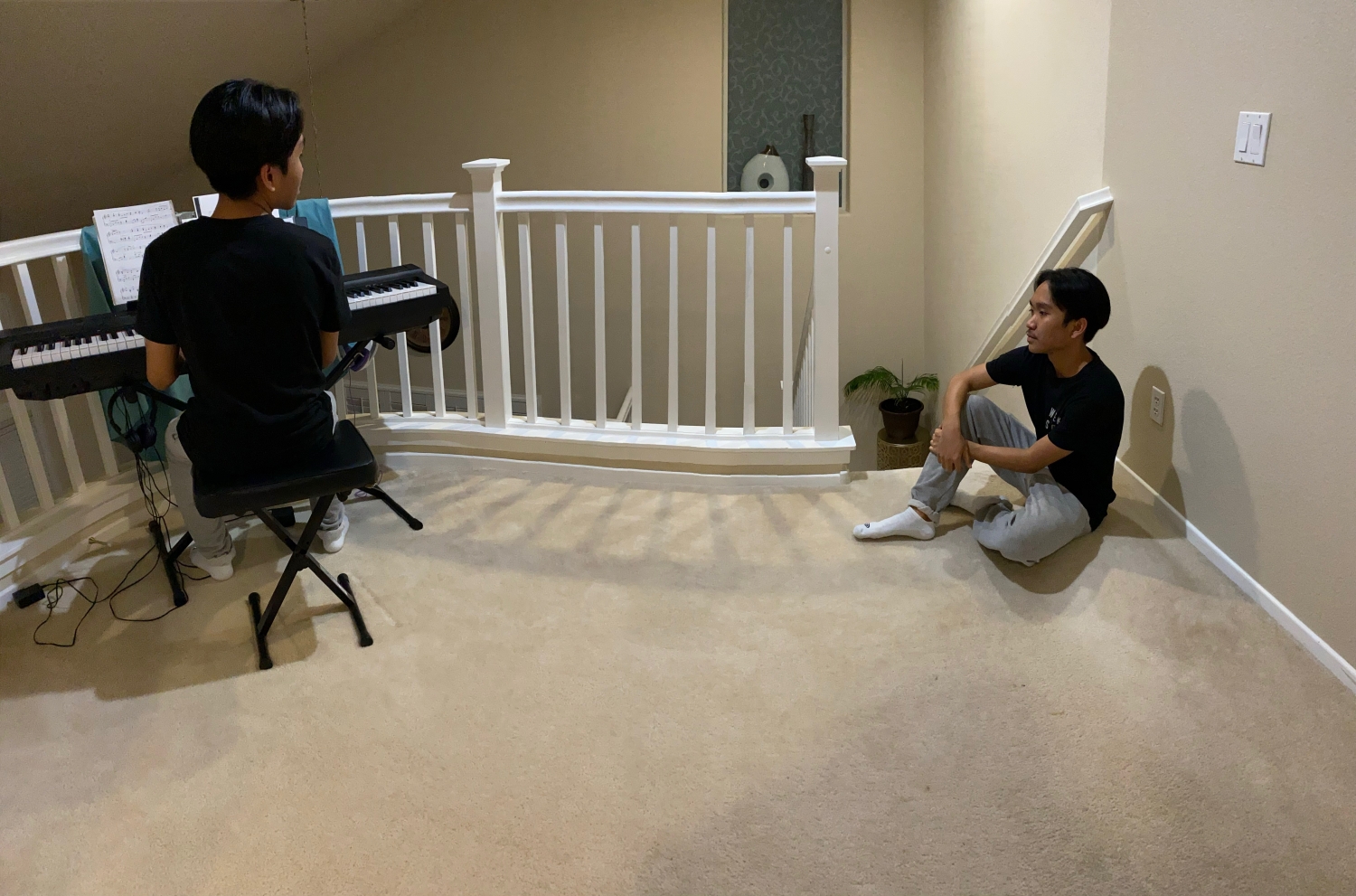

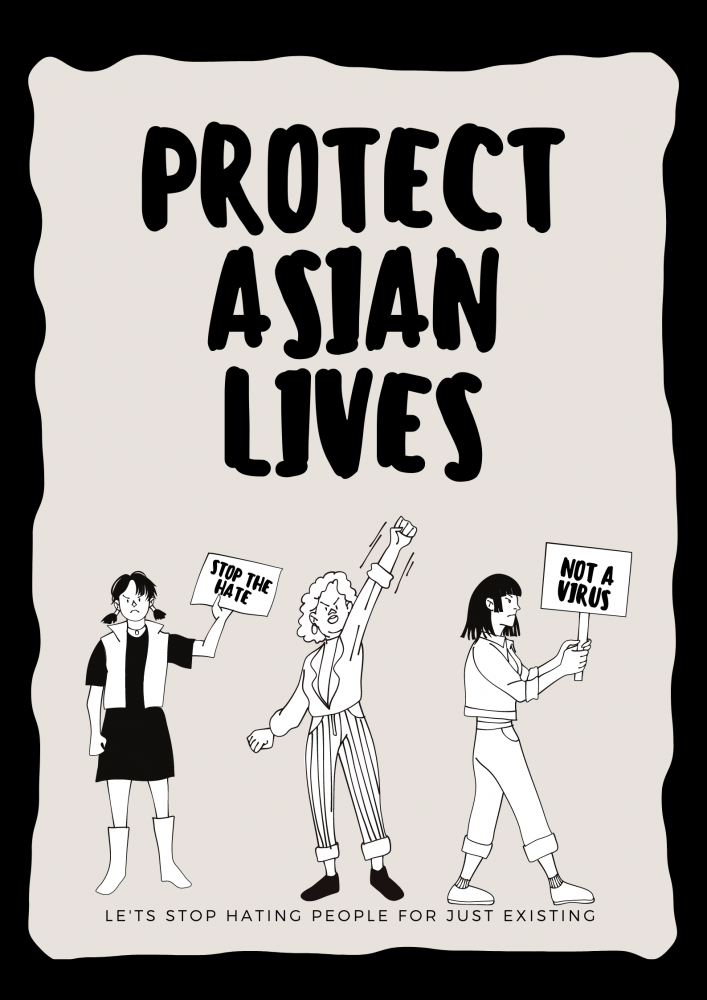
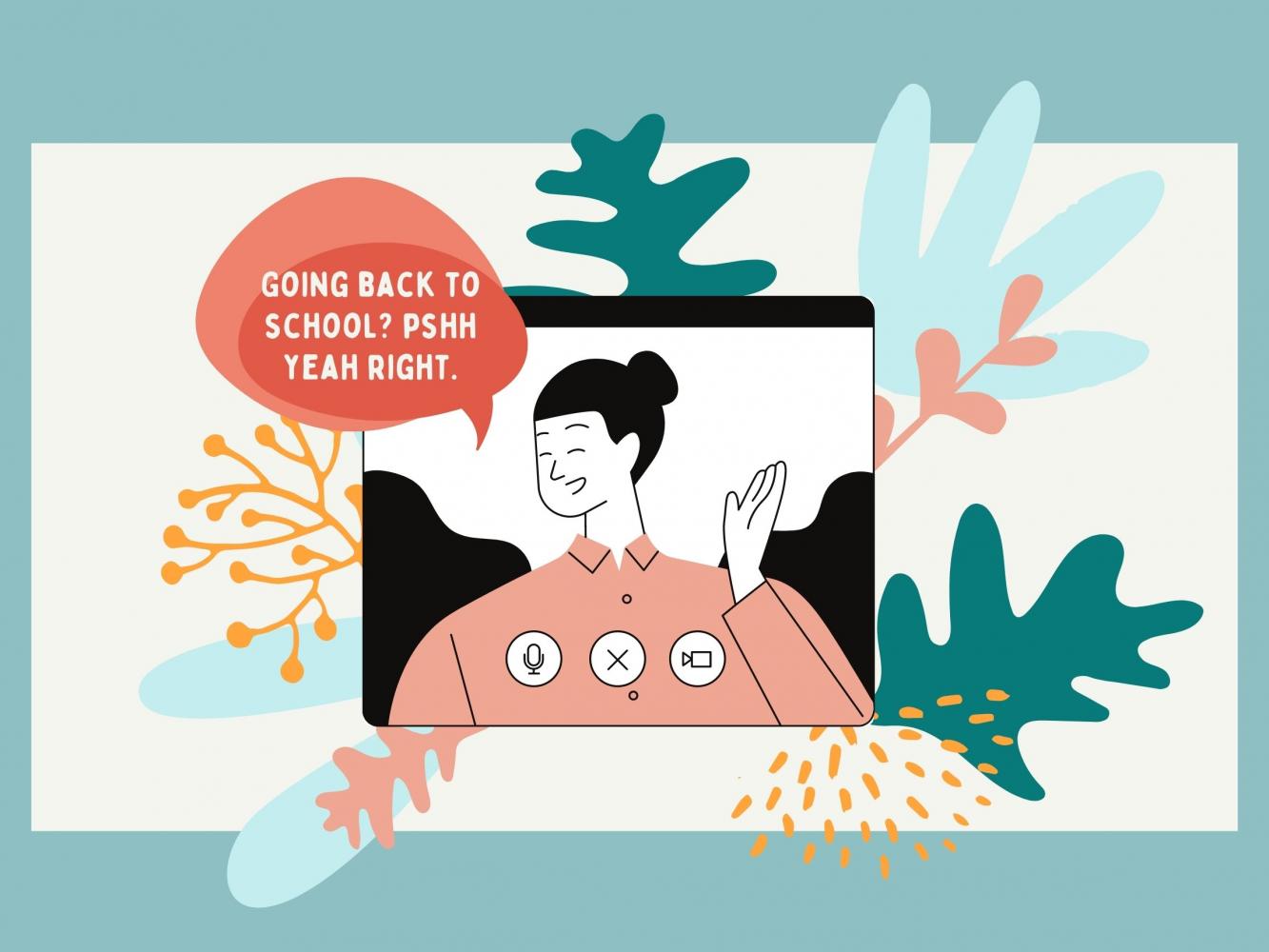




![Grabbing her phone to take a photo, sophomore Vanessa Ta sits down on a bed and takes a couple photos to post on her social media. “I just really [feel] that my favorite cosplayer is everyone lowkey, because I get to see people’s creativity,” Ta said. “I get to see how skilled and talented they are.”](https://southwestshadow.com/wp-content/uploads/2025/10/55A1FC60-BE63-4F24-9B78-65194336319E-e1760926431267.jpg)
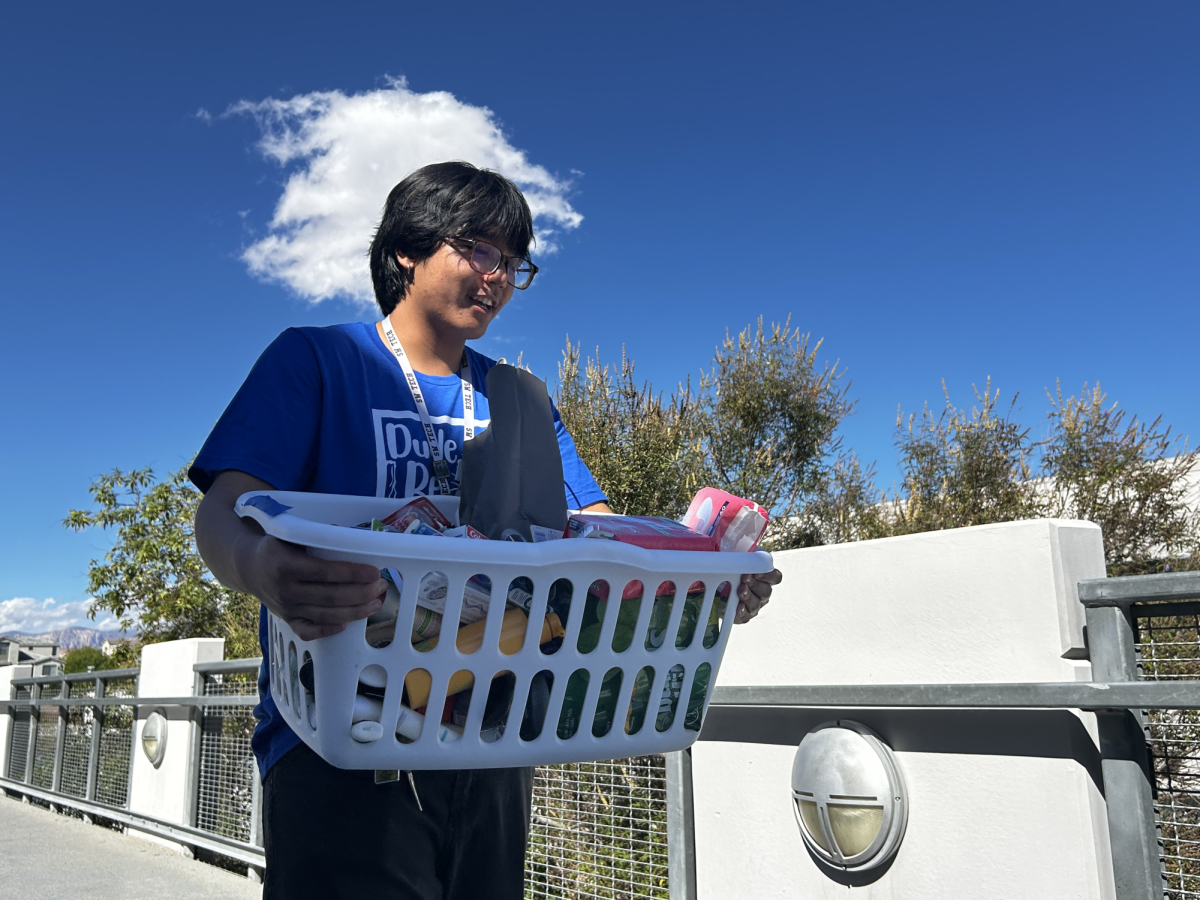
![In his fifth period World History class, Thur works with his students individually, helping them as they sort through notes and assorted historical documents. “I’m always willing to try something new,” Thur said. “Some of my best ideas that I’ve received over the years are from students. This year I’m trying out stations for the first time and kids are rotating through and it’s working. Well, some things are [working], I’ve still got to work out the kinks with it. The kids change, why shouldn’t I change too?”](https://southwestshadow.com/wp-content/uploads/2025/10/IMG_8991-1200x800.jpg)
